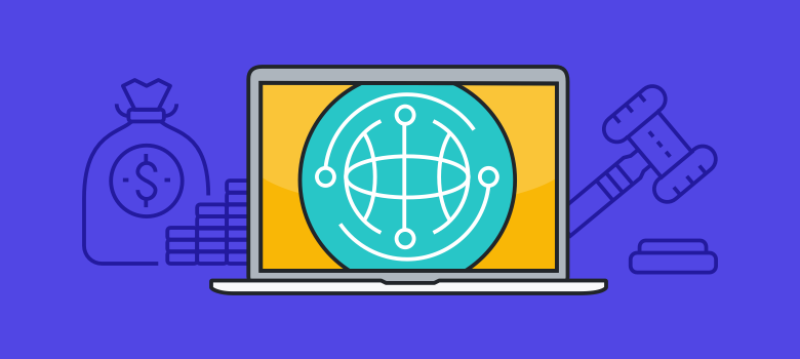
Policy
The Battle for an Open Internet is Not Over
(Editor’s Note: The following is a guest blog post from Christian Dawson, Chairman of the i2Coalition. It originally appeared on the i2Coalition website on February 27, 2015. The i2Coalition is a trade association of Internet Infrastructure companies that supports those who build the nuts and bolts of the Internet).
Congratulations on a hard-fought victory on net neutrality last week.
Unfortunately, much hard work protecting the open Internet remains to be done. The longstanding fight to protect the Open Internet will continue to be hashed out in court rooms, on Capitol Hill and FCC over the next few years. We need to be diligent about staying on top of this issue, and ensure that the progress made yesterday is not lost.
Many specifics still need clarity. We will not know precisely how the rules address several specific issues concerning treatment of discreet “applications” or content. It is not clear how they will protect privacy and in particular encryption. The particulars will remain uncertain until at least when the report is actually released, and some matters may have to be resolved on a case-by-case basis as they arise. We also do not yet know exactly how the Commission will address and resolve disputes over what it calls “interconnection” and “traffic exchange” between ISPs, edge providers and other Internet players. It does appear that the treatment of this issue was beneficially changed in the last few days, but once again many important legal and technical specifics remain unclear, and will hopefully be fleshed out in the order and rules.
We are glad that a majority of the Commissioners recognized that regulating non-competitive “access to the Internet” is not regulating “the Internet.” These are two different things. The dominant last mile providers couldn’t be more different from the rest of the Internet infrastructure industry. Cloud and hosting and edge and data center providers work incredibly hard to thrive in a ridiculously competitive field, where by most estimates there are around 60,000 global competitors – most of them small to medium sized businesses – pushing each other to be better through competitive market forces. Companies that survive in this space do so because the market requires them to be good to survive. We need to keep our prices competitive and our services high quality or we won’t survive in the face of stiff competition.
According to the FCC, 67% of U.S. homes have just one or two service providers to choose from. Broadband access is not a competitive market; only a few major corporations build the necessary last-mile facilities that service end users. To be honest, it’s kind of natural that the broadband market has ended up that way. It doesn’t make sense for lots of different companies to dig up America’s neighborhoods to run their own last mile fibers to try and compete with each other. It wouldn’t make any more sense than having lots of different electric companies run extra power lines to your home – or gas or water and sewage. And yet until the ruling last week broadband wasn’t being treated as a natural monopoly even though it exhibits almost all of the hallmarks.
In short, the last mile providers were seeking to take maximum advantage of their dominance and market power, and were finally told they could no longer do so. That is great news. But as we solve this huge problem, we need to make sure that we protect the whole Internet ecosystem. We do that by standing up for an open Internet, but we also do that by teaching people how the Internet works – because what we DON’T need is FCC jurisdiction and new regulation across the entire competitive Internet. Last mile access to the Internet isn’t like the rest of the Internet, and it must be treated consistent with its attributes. We also need to make sure that ‘interconnection’ isn’t a slippery slope that will ultimately add a FCC regulatory framework around the rest of the competitive Internet, and that’s going to take years of education and effort in courtrooms and in Congressional offices.
We should all be relatively pleased with the progress made. But this fight has been long and arduous, and it isn’t over by any means. We must continue to be leaders during the next stages. We hope you will join us as we continue to fight for an open Internet, innovation, customer choice, security and privacy.
About the Author:
Christian Dawson is currently Chairman and co-founder of the Internet Infrastructure Coalition. He is a staunch advocate for Internet freedom as a tool for social and economic growth by fostering the growth and expansion of the Internet infrastructure industry. You can follow him on Twitter at @mrcjdawson

